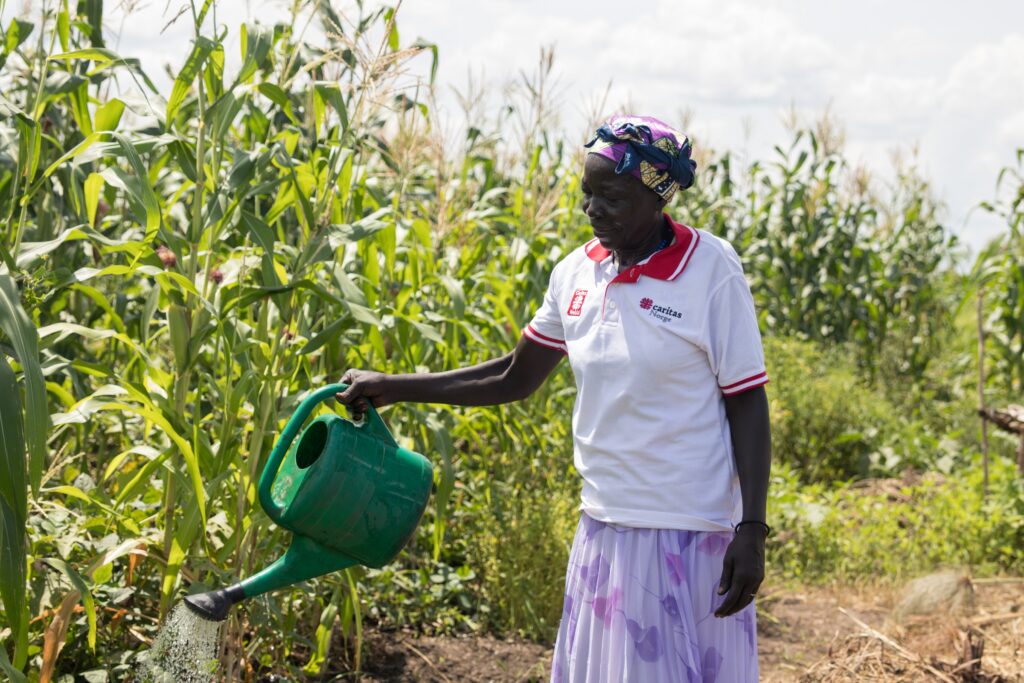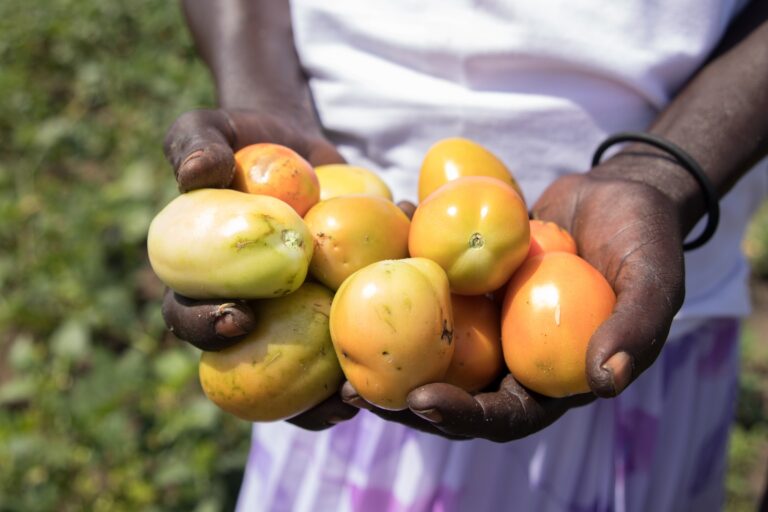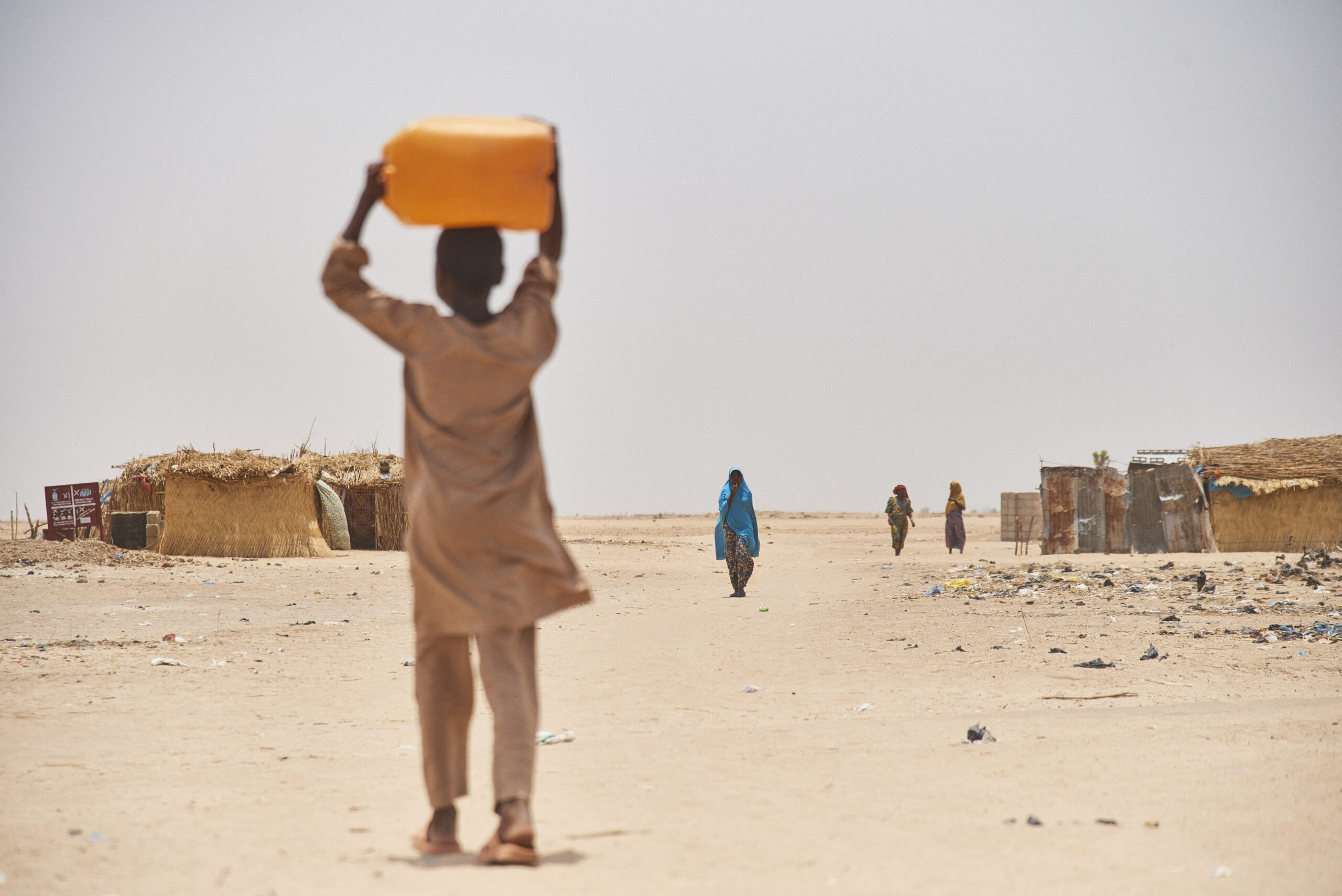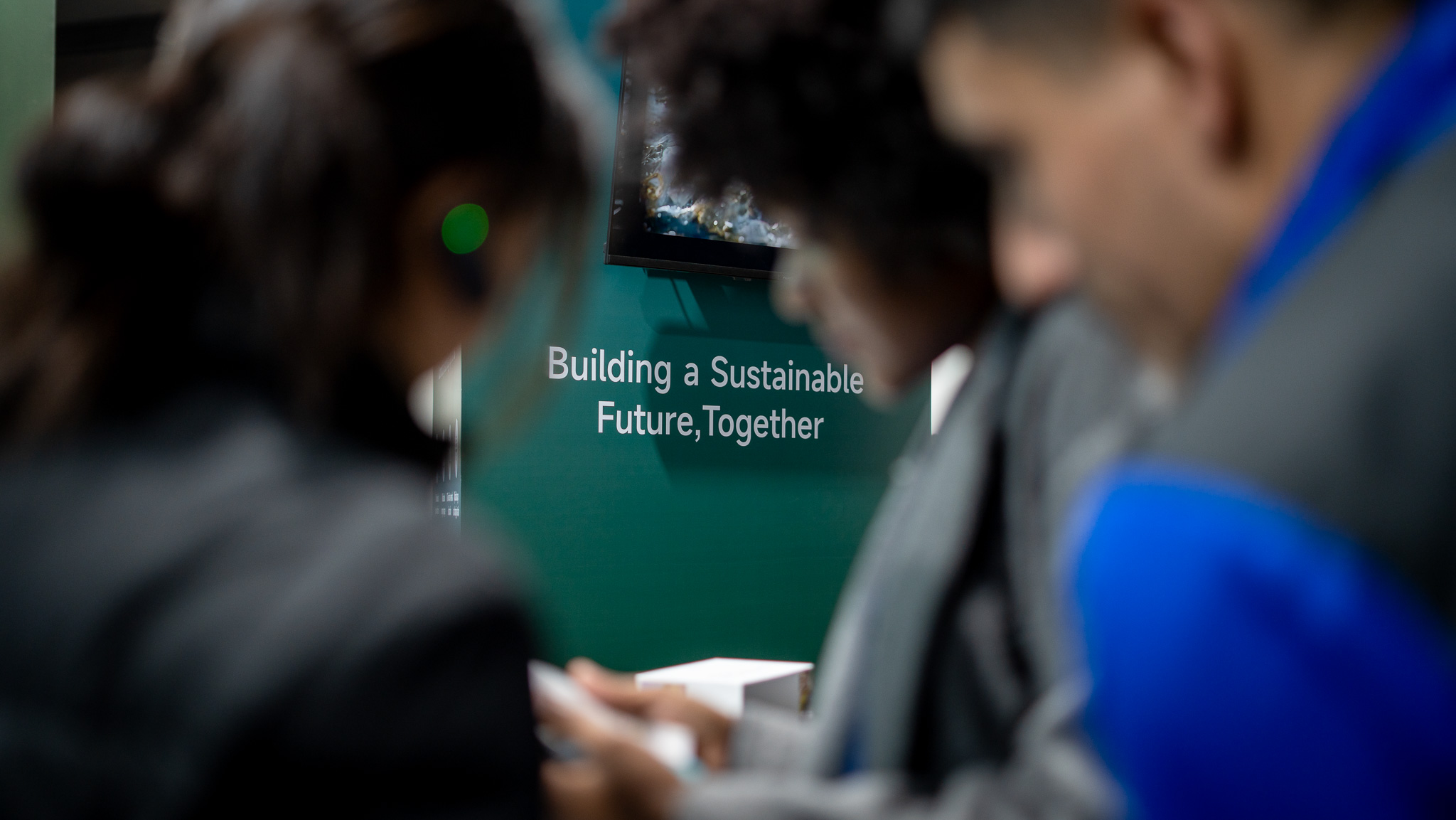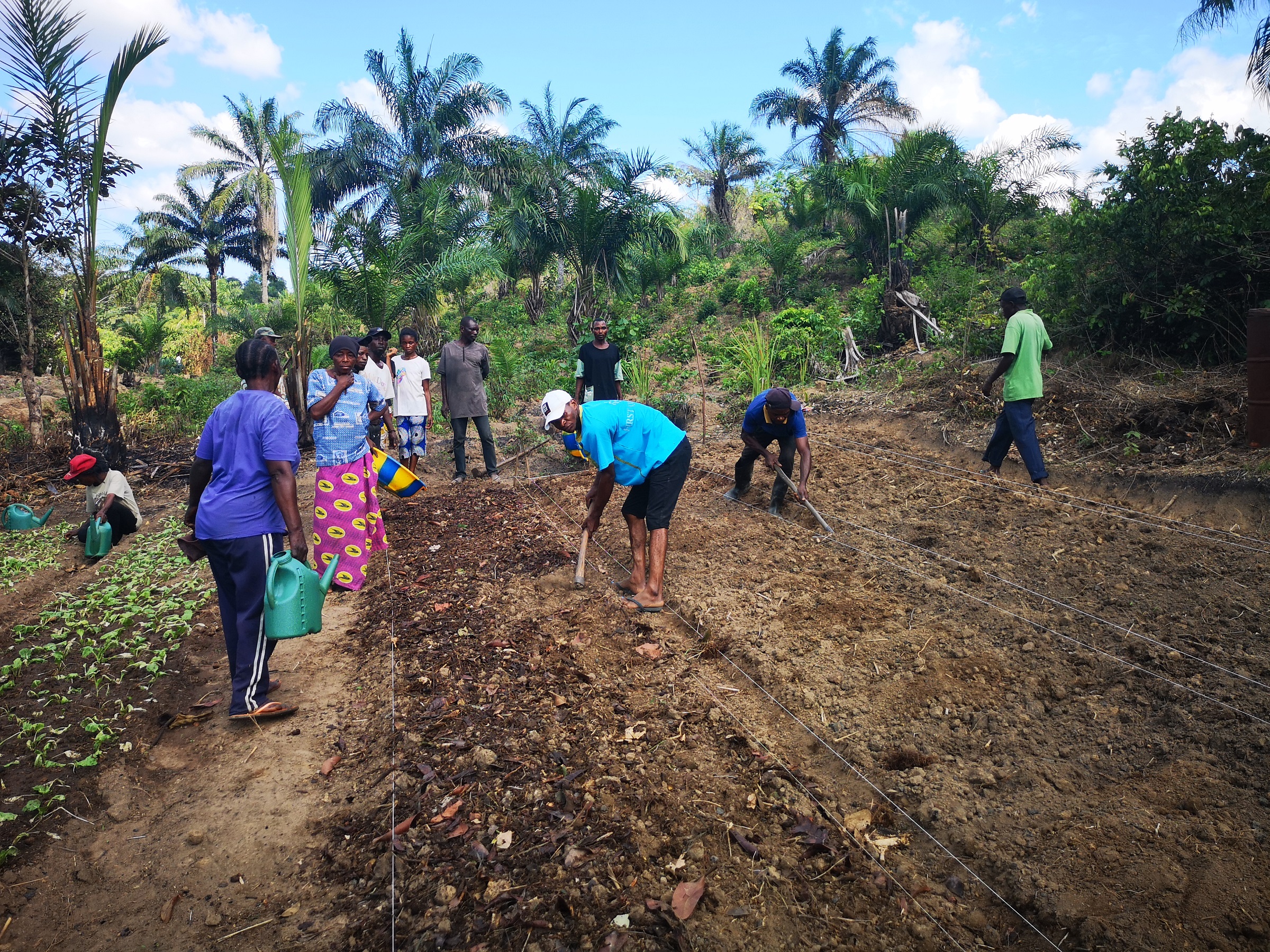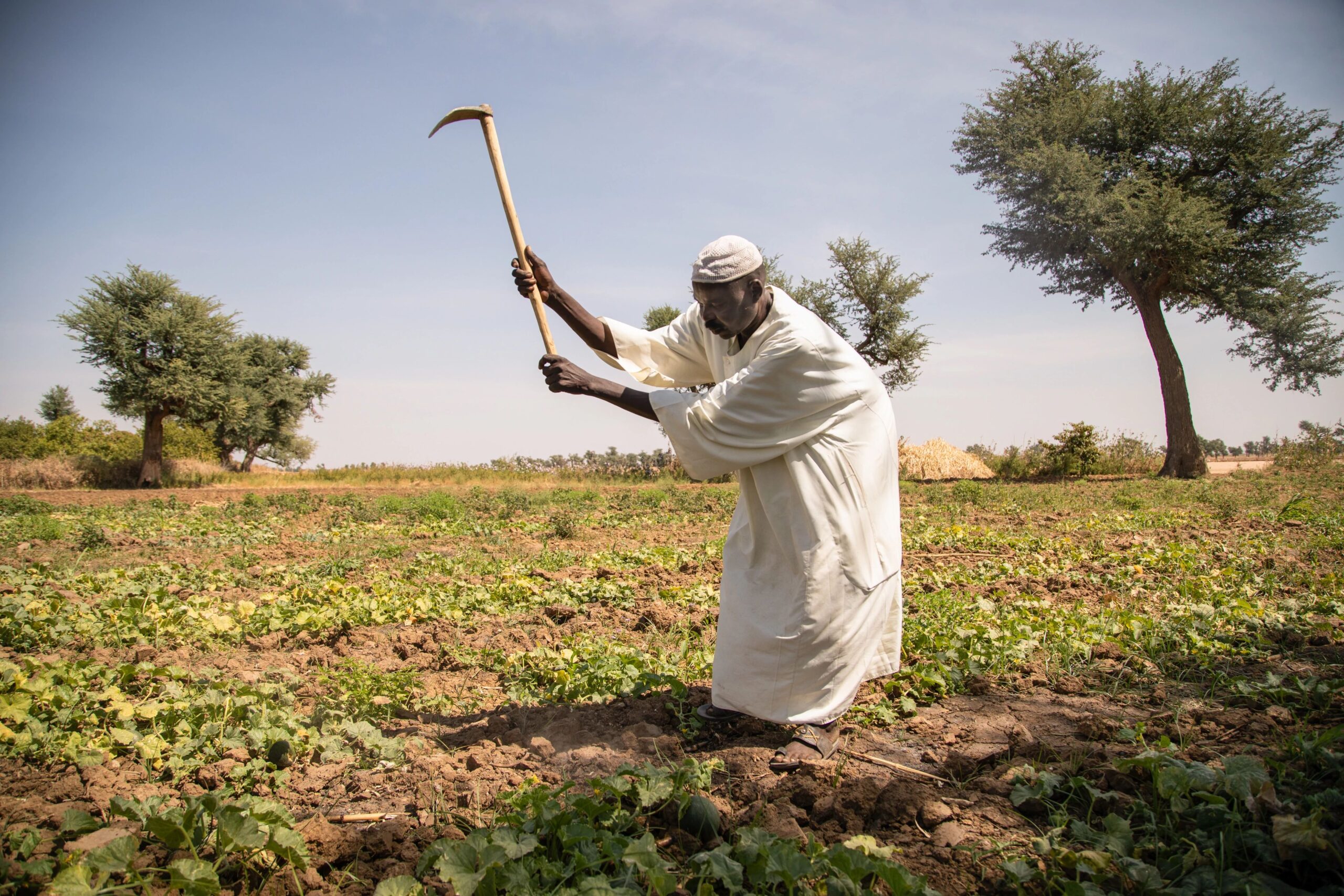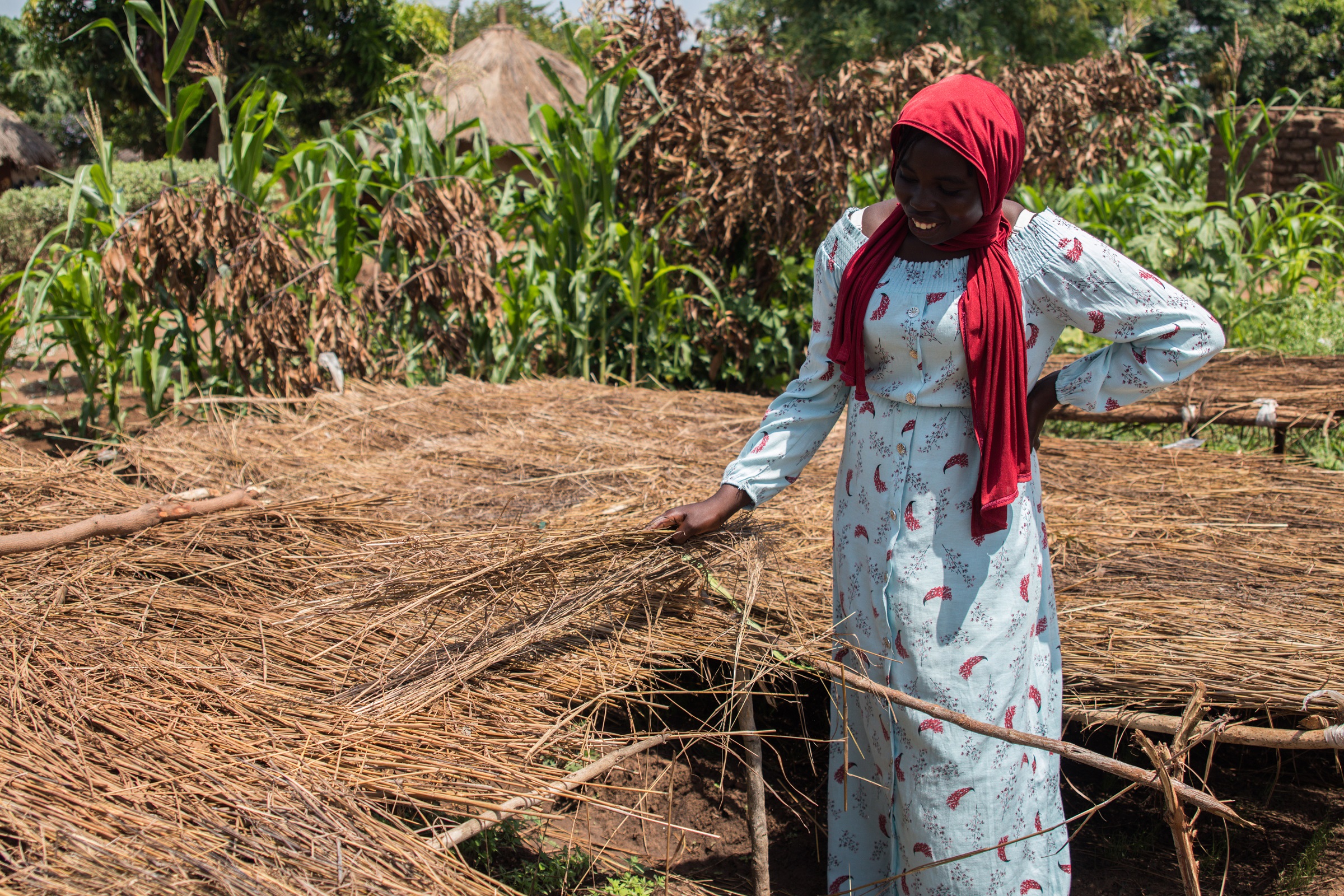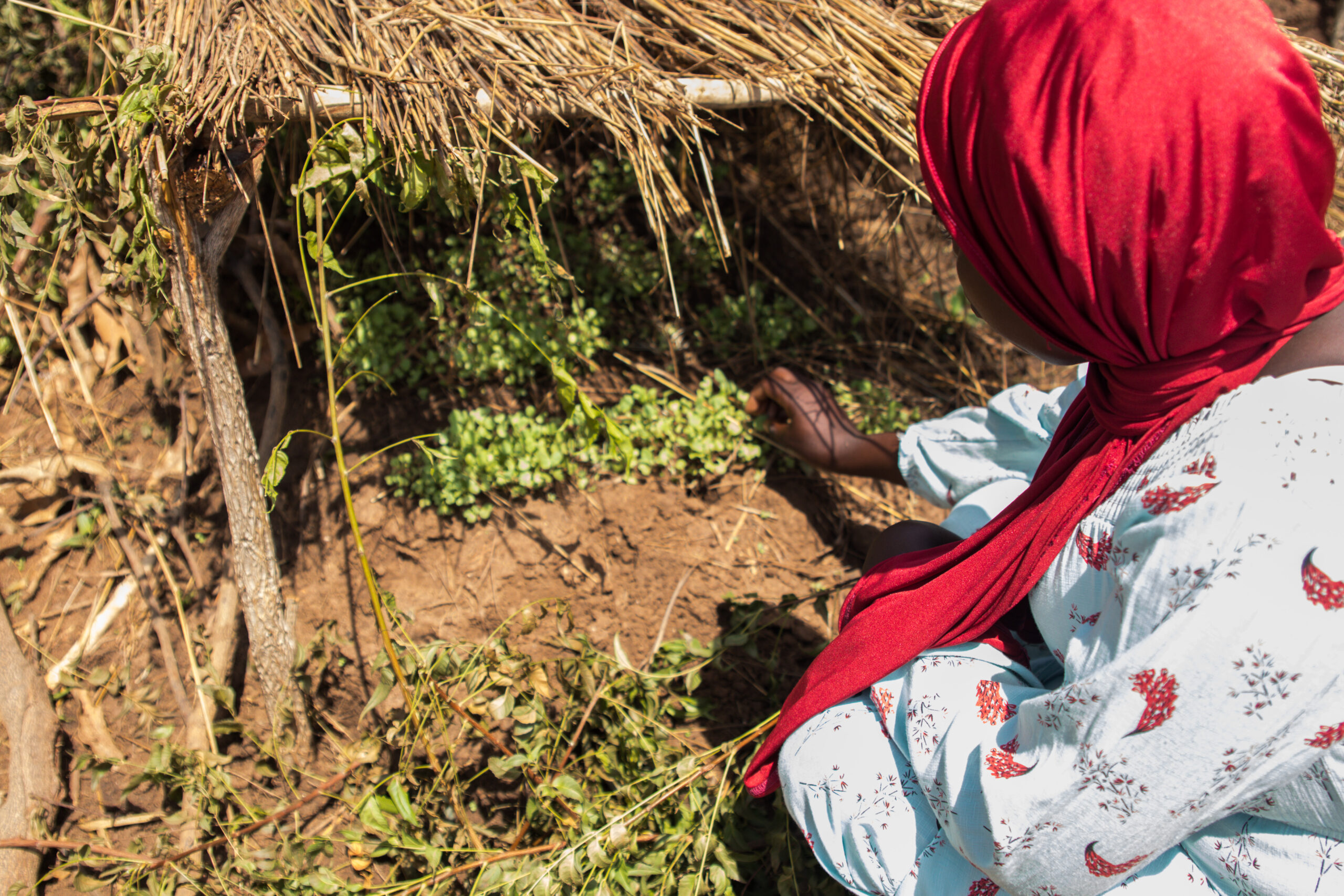Zero hunger
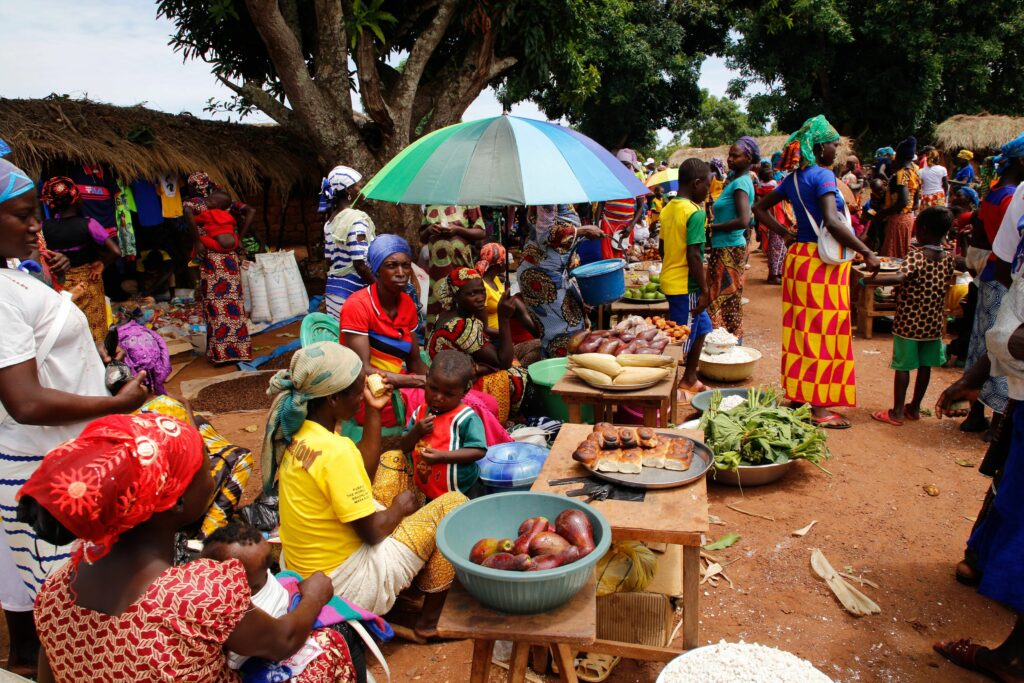
Contributing to the fight against hunger and malnutrition is one of our most important tasks. We believe that a large part of the solution lies in an increased focus on climate-friendly agriculture for small farmers.
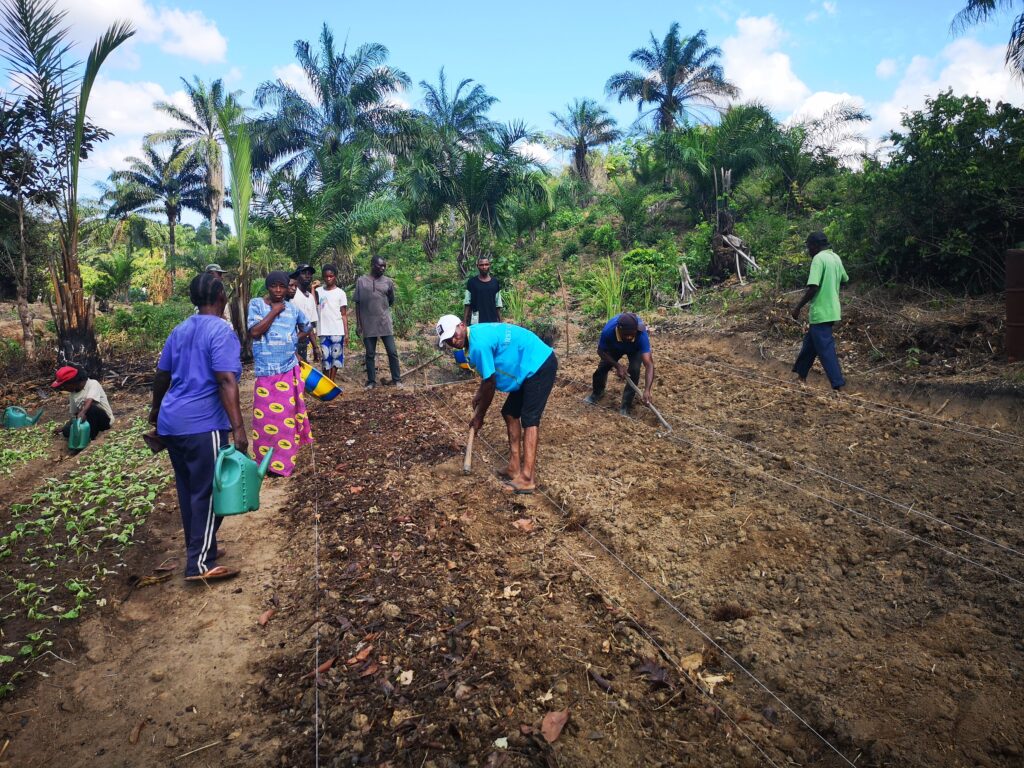
Everyone has the right to food
We live in a challenging time characterized by three crises - war, climate change and economic downturns. Poverty is increasing and forcing more and more people into hunger. This makes our work more important than ever.
According to the UN , 733 million children and adults are affected by hunger , while 2.4 billion people experience a lack of food security in periods. Countries in Africa – south of the Sahara – are the hardest hit. While the number of people going hungry has decreased somewhat in Asia and South America, the opposite is happening in the Caribbean, West Asia and Africa.
food security means having access to enough food, safe food and nutritious food, in order to live an active and healthy life all year round. food security is a fundamental right, enshrined in UN Universal Declaration of Human Rights article 25.
What are we doing at Caritas to fight hunger?
Internationally, Caritas works both in the short and long term to eradicate hunger. Among other things, we do this in collaboration with World Food Program (WFP) which won the Nobel Peace Prize in 2020 for its work.
Through the UN Sustainable Development Goal 2 all countries in the world have committed to eradicating hunger, achieving food security, better nutrition and promoting sustainable agriculture by 2030. In order to achieve this goal, we are working to increase investment in sustainable and robust food production, and more support for small farmers and women.
Together with local Caritas organizations in DR Congo, Mali, Niger, Uganda, Colombia, Honduras and Sri Lanka, we contribute to increased food security and better living conditions for small farmers and their families. This also benefits the local communities they live in.
What have we achieved in the last five years?
In total, 406,818 people have improved their living conditions as a result of our food security projects in Africa, Asia and Latin America.
The figure is based on the households of the 70,200 smallholder farmers who participated in our projects.
The figure is based on the households of the 70,200 smallholder farmers who participated in our projects.
The figure is based on the households of the 70,200 smallholder farmers who participated in our projects.
Give your support now so we can continue the fight towards zero hunger.
